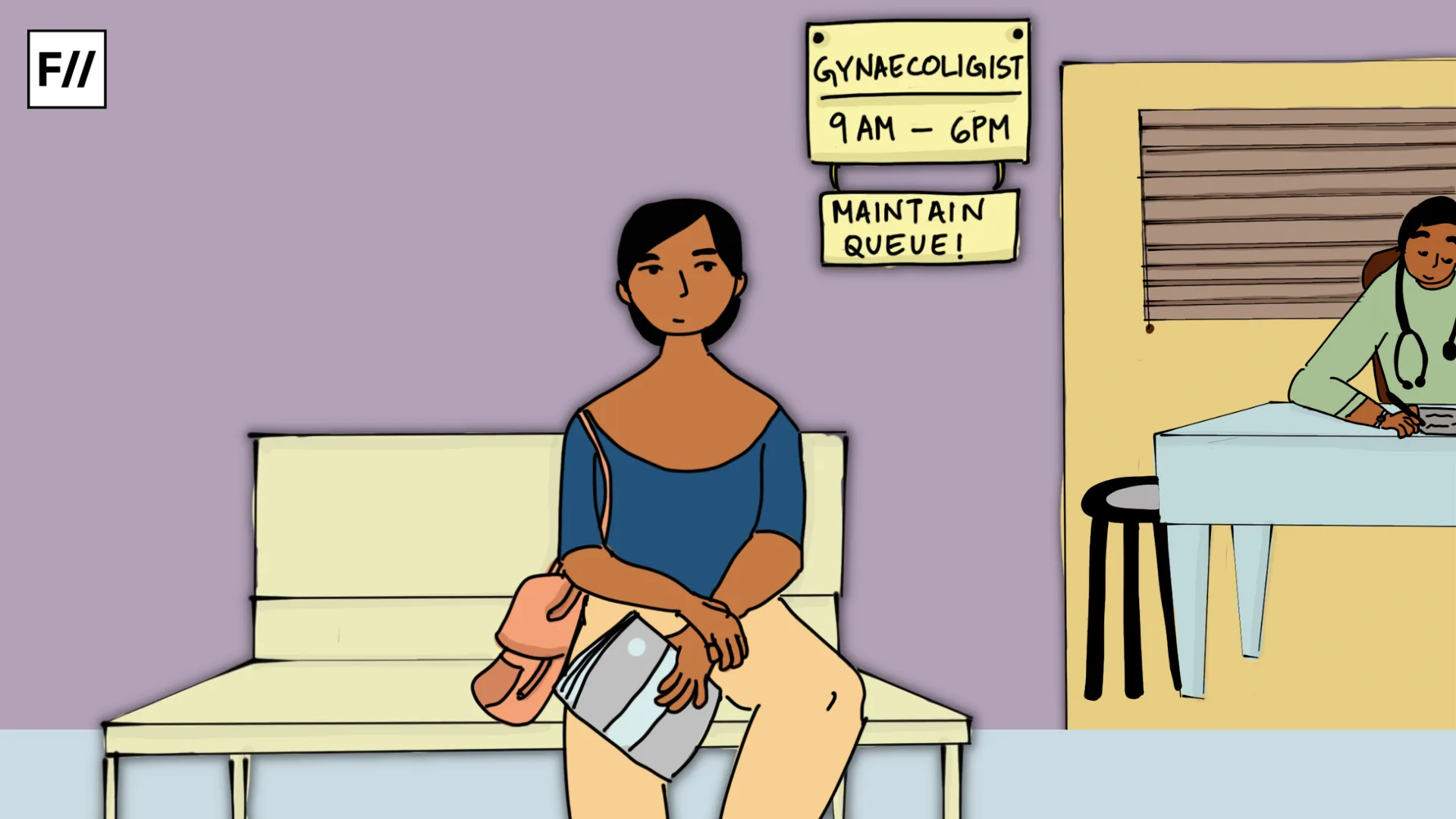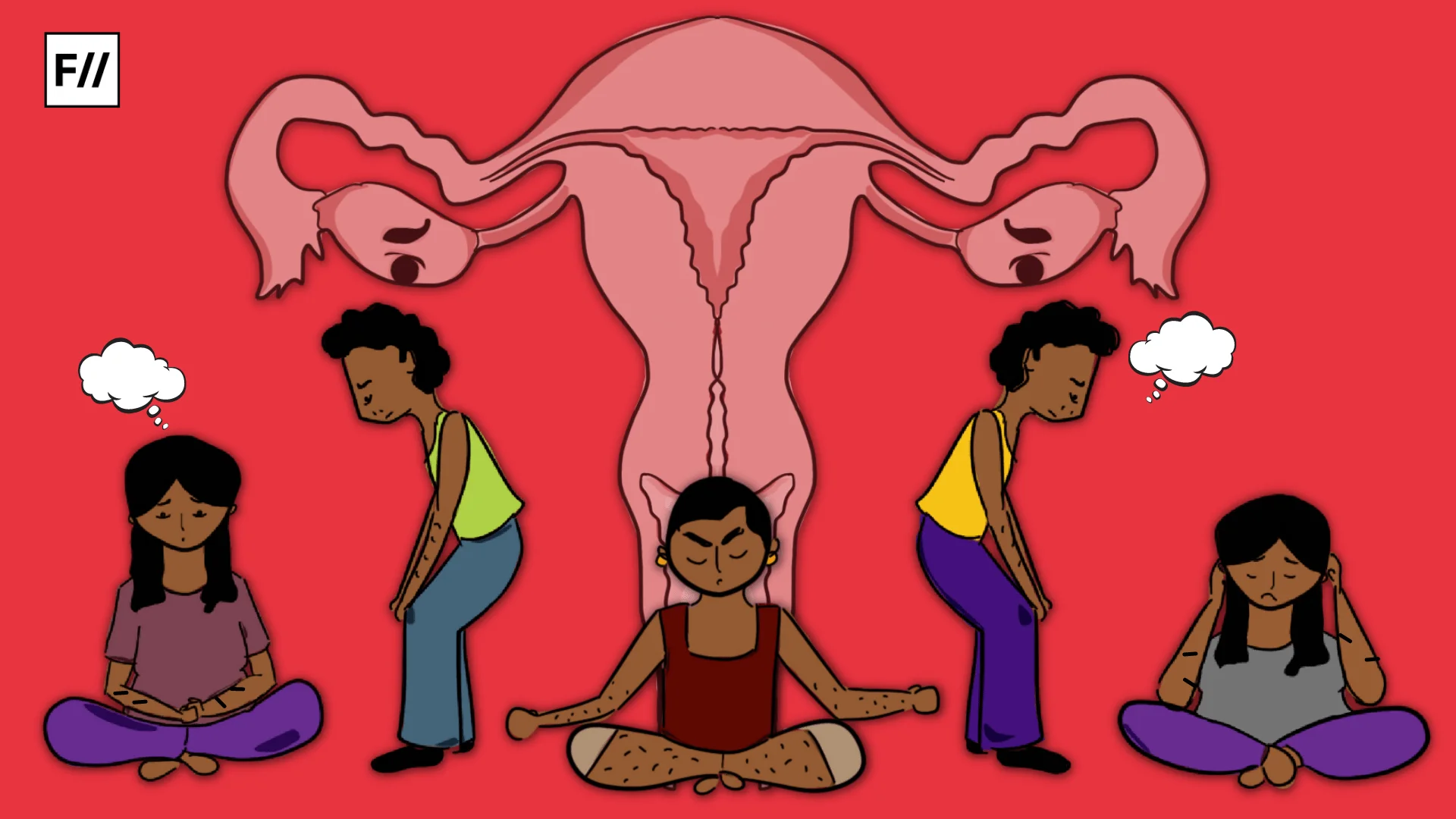In many Indian homes, when a woman snaps back, cries too early or chooses to stay silent, the explanation is quick and cruel – ‘It’s her hormones‘. The phrase is used to mock, to shut down, and sometimes even to erase the whole point behind her emotions. But what’s rarely asked is what those hormones actually mean- and how women, especially from caste-oppressed and marginalised communities, suffer when society refuses to understand the connection between biology, emotion and mental health.
The misunderstood body
Hormonal changes- menstruation, pregnancy, menopause and conditions like PCOS – directly affect mood, energy and emotional regulation. Medical research also has shown that these fluctuations in estrogen and progesterone can trigger anxiety, depression and fatigue.
But in patriarchal societies like ours, where women’s emotions are mostly seen as irrational, too attached, too dramatic, the term hormonal change becomes a weapon used against them rather than a supporting stand. Instead of being treated with care, women are often silenced, ridiculed or even sometimes accused of being “too emotional”.
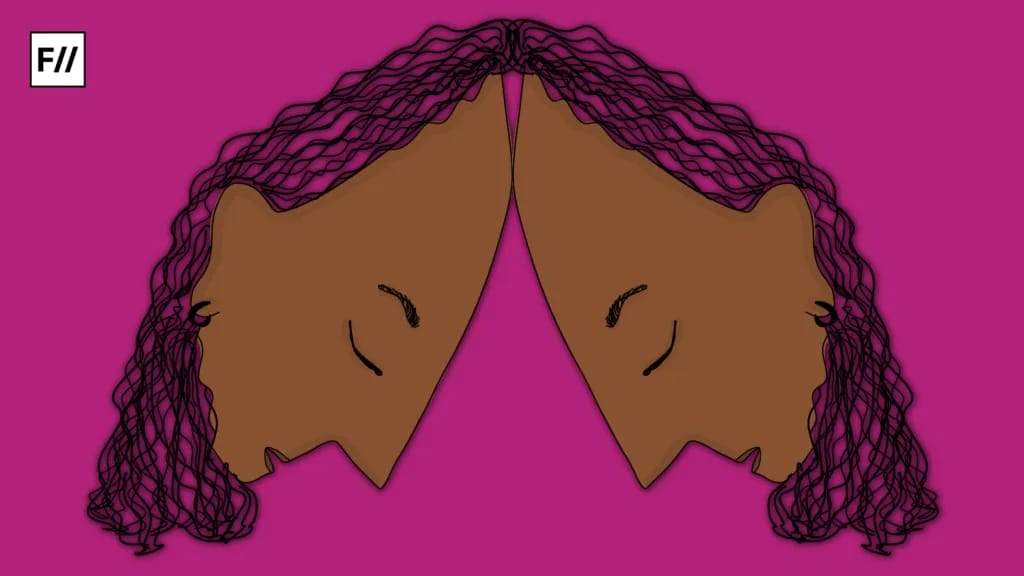
This isn’t just ignorance, It’s systemic. While a man’s anger is seen as “stress”, but a woman’s sadness is seen as “hormones” or “over-thinking” or maybe even “over-reacting”. The message is clear – women’s emotions are not valid, they are just normal hormonal malfunctions.
When caste shapes care
For women from marginalised castes and poor economic backgrounds, the consequences of this misunderstanding are far more severe. Access to gynaecological or mental health care is already limited — not because they don’t need it, but because caste and class decide who deserves compassion. According to the Asia Society’s report, people from lower castes experience depression 40% more than the national average. Yet, most healthcare providers in India belong to dominant-caste, urban backgrounds. Their worldview, and often their biases, shape how they treat patients.
When a Dalit or Adivasi woman walks into a clinic complaining of mood swings or fatigue, her pain is easily dismissed, with comments like ‘you’re overthinking,’ or ‘you just need rest.’ Rarely is she screened for hormonal imbalance or mental health issues. For many, visiting a hospital itself is an act of courage — an act that ends in dismissal, sometimes even humiliation.
When women stop believing their own pain
What makes this crisis even more complex is how deeply the neglect seeps inward. Many marginalised women have been taught not to take their own hormonal or emotional changes seriously.
Many marginalised women have been taught not to take their own hormonal or emotional changes seriously.
When care has never been accessible, it stops being expected. In homes where generations of women have worked through period cramps, postpartum exhaustion, or menopause without support, the idea of rest or treatment feels alien — even indulgent. Pain becomes routine; suffering becomes normal.
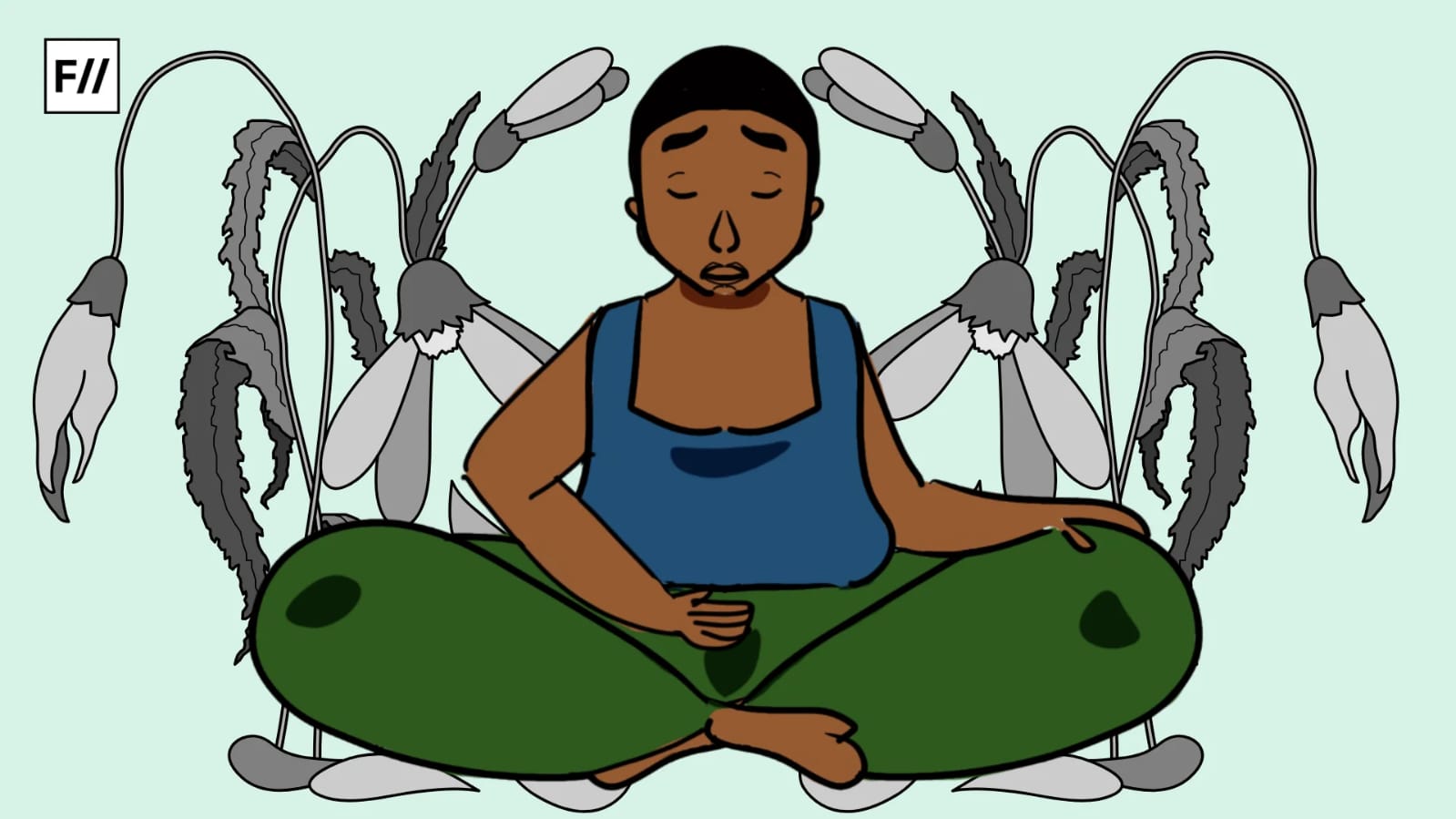
A domestic worker with severe menstrual pain may still cook, clean, and look after others, because to her, there’s no other option. A young Bahujan student struggling with PCOS might think mood swings mean weakness, not a symptom. ‘We aren’t allowed to be tired,‘ shares Sangeeta Bharti, a Dalit postgraduate quoted in Economic and Political Weekly, ‘If we complain, teachers label us unstable or lazy — never that our bodies are under stress.‘
For many, the language of hormones and mental health doesn’t exist in their world — not because they are unaware, but because no one ever told them they were allowed to listen to their bodies. This internalised silence is the invisible legacy of caste and patriarchy working together. When society keeps telling women their bodies don’t matter, eventually, they start believing it too.
Furthermore, reports by the Asia Society show that caste-oppressed patients face longer wait times, are treated with less empathy, and are sometimes even refused physical touch by upper-caste doctors. ‘When I went to the hospital, the nurse refused to touch me. She told me to place my own hand on the thermometer,‘ said a Dalit activist writing for Mad in South Asia in 2025, on how caste affects care.
‘When I went to the hospital, the nurse refused to touch me. She told me to place my own hand on the thermometer,‘ said a Dalit activist writing for Mad in South Asia in 2025, on how caste affects care.
The emotional toll of such experiences — on a body already struggling under hormonal imbalance — is immense. Thus, as a woman she has to balance her body, emotions, household work, and the misogyny of difference in her caste and political system.
The emotional cost of being misunderstood
The lack of awareness around hormonal and mental health creates isolation. Women internalise blame. In homes where men refuse to understand, this mostly can lead to chronic loneliness. And in marginalised homes, where survival leaves no space for emotional talk, pain becomes routine and invisible. This also makes them stop communicating, opening up to their partners and a long-term relationship only based on survival or for their kids’ sake. Sometimes it can also dismantle the need to tell men and make them understand these hormonal changes and emotional imbalance which further makes men see the changed behavior of their partners as normal.
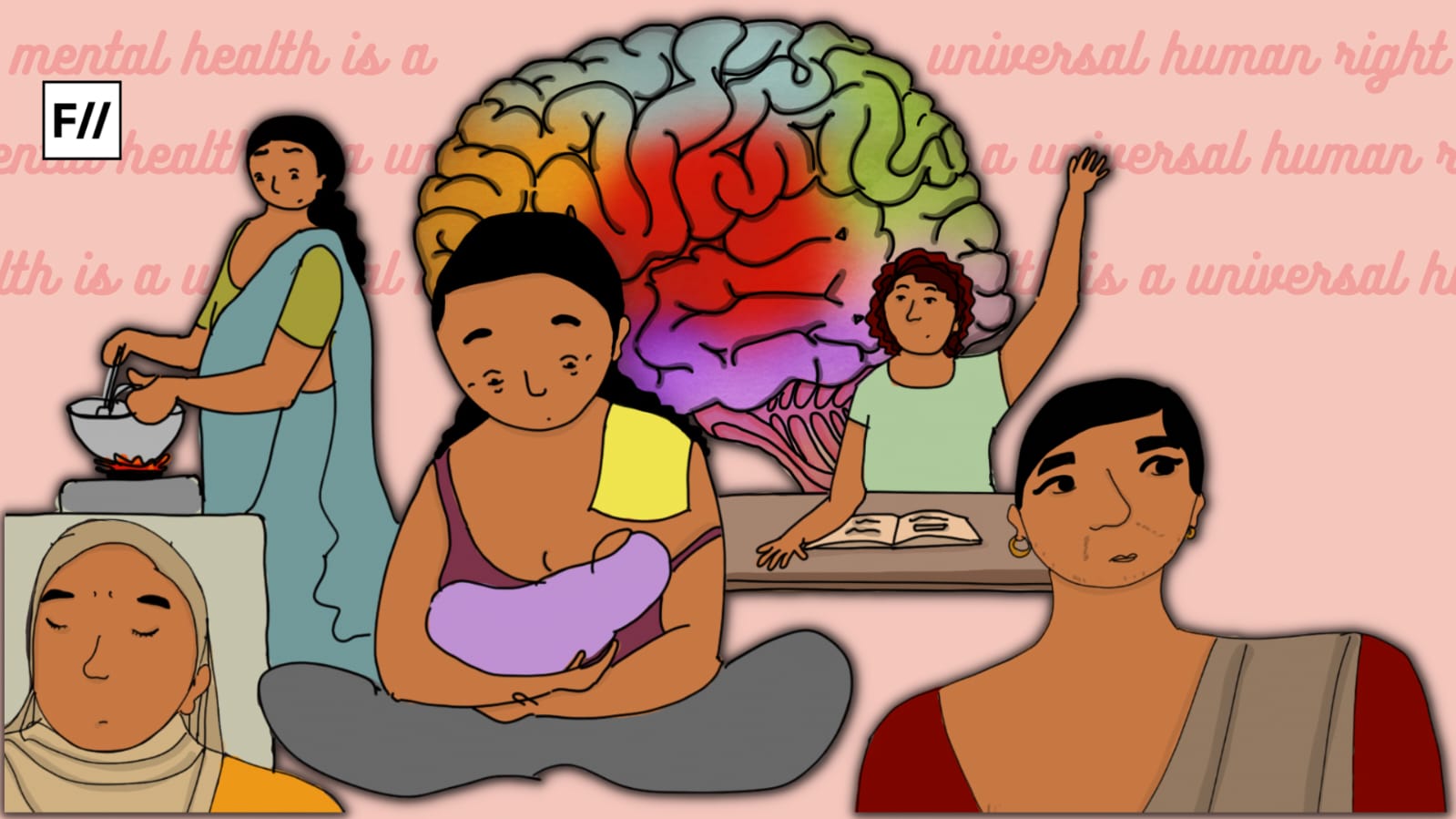
The silence becomes generational. Daughters watch their mothers push through pain and learn to do the same. They grow up without the language to talk about PMS, postpartum depression, or menopause — let alone the right to seek help.
Adivasi rights activist Soni Sori once said, ‘They don’t just deny us land and rights — they deny us rest.’
What needs to change
It’s not enough to tell women to “seek help.” Help itself must change. India’s healthcare system must integrate gendered and caste-aware frameworks in both physical and mental health. That means training doctors and therapists to recognise how hormonal health affects mental well-being, recruiting Dalit, Bahujan, Adivasi and queer practitioners who bring empathy and lived experience, making reproductive and mental healthcare affordable and accessible for rural and marginalised communities, creating safe, non-judgmental community spaces where women can talk about their hormonal and emotional realities without shame and educating men and also women — across caste and class — to understand that hormones don’t make women irrational; they make them human.
The intersection of hormones, gender, and caste reveals a deep truth: what society refuses to understand, it chooses to control.
UNICEF once observed —’Dalit women face three-pronged discrimination: they are women, they are Dalits, and they are Dalit women‘.
UNICEF once observed —’Dalit women face three-pronged discrimination: they are women, they are Dalits, and they are Dalit women‘. When a woman’s pain is labelled as “mood swings,” her reality is erased. But acknowledging that hormonal changes are real — and that their impact is magnified by caste and poverty — is the first step toward justice.
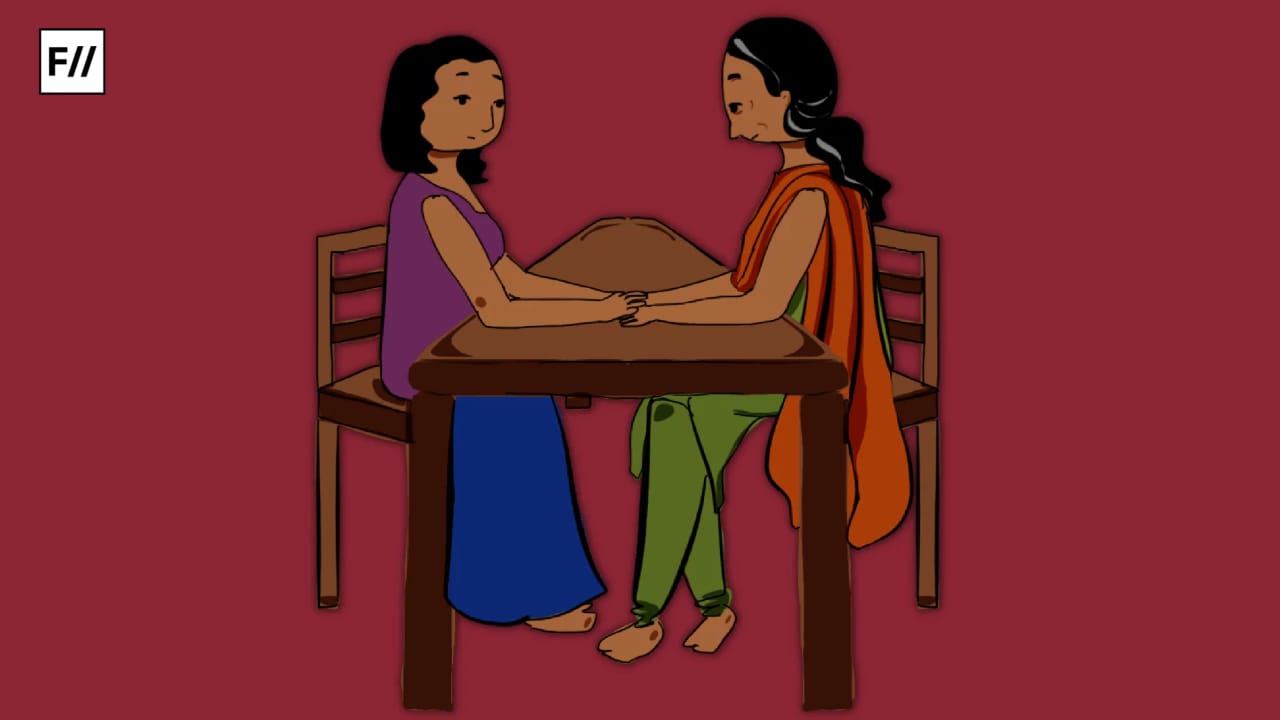
Women deserve to be believed when they say they’re in pain. They deserve care, not dismissal. The body is not the problem — prejudice is.
About the author(s)
M Ushashree is a conservation studies graduate from ATREE Bangalore. Apart from community and wildlife conservation, her writing skills try to inspire women and marginal communities to bring them in greater platform as she tries to research and communicate at the same pace.
